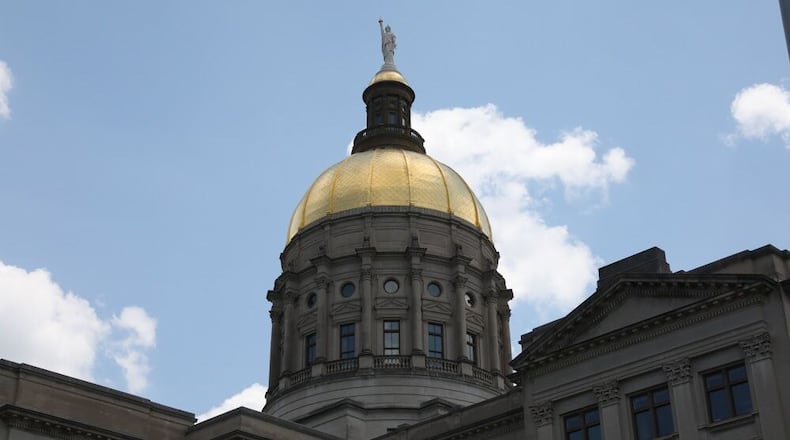Inflation is hitting more than the price of meat, milk and vegetables.
The state ethics commission on Thursday increased the limits on how much statewide candidates can take from individual donors by almost 9% for the 2022 election season.
David Emadi, executive secretary of the commission, said the increased limits are based on rising inflation, and it made sense to boost the limits in a non-election year. The last time the limits were reset was 2019.
“It is more prudent to do it now before the campaign season gets kicking,” Emadi said.
Under the new limits, candidates for state office — such as the governor, lieutenant governor and attorney general — would be able to raise $7,600 from individual donors for both the primary and general elections, and $4,500 for a primary runoff. So a candidate for governor, for instance, who ends up facing a runoff, wins it and is nominated for the general election could collect up to $19,700 from an individual, business or political fund.
The limits have been $18,100 in that case.
For local hopefuls or General Assembly races, candidates could raise $3,000 for a primary and general election and $1,600 in a runoff. So if, for instance, a state senate candidate is forced into a primary runoff next year, wins it and is nominated for the general election, he or she could raise $7,600 from an individual, business or political fund, up from $7,100.
Those limits won’t affect the average political donor. But thousands of lobbyists, industry associations, businesses, individuals and political action committees donate as much money as they can each election cycle to leading candidates.
The 2018 governor’s race cost about $100 million, and that likely will be easily surpassed in 2022, when Republican Gov. Brian Kemp is expected to face a rematch with Democrat Stacey Abrams, a prolific fundraiser who collects money from throughout the United States.
A law passed by Republicans in the General Assembly this year created a separate fundraising system for the governor and legislative leaders.
The GOP legislative majority backed the creation of “leadership committees” that allow Kemp, the Democratic nominee for governor next year, and legislative leaders to raise unlimited amounts from wealthy individuals, corporations and political action committees.
While, under the commission’s decision Thursday, a candidate for governor can raise $7,600 from an individual or business for next year’s primary, the committees can raise $100,000, $1 million or more from individual donors. Those committees can coordinate efforts with their campaigns.
Kemp signed the measure into law in May and was the first eligible candidate to create a leadership committee, a few days after the statute took effect.
About the Author
Keep Reading
The Latest
Featured





